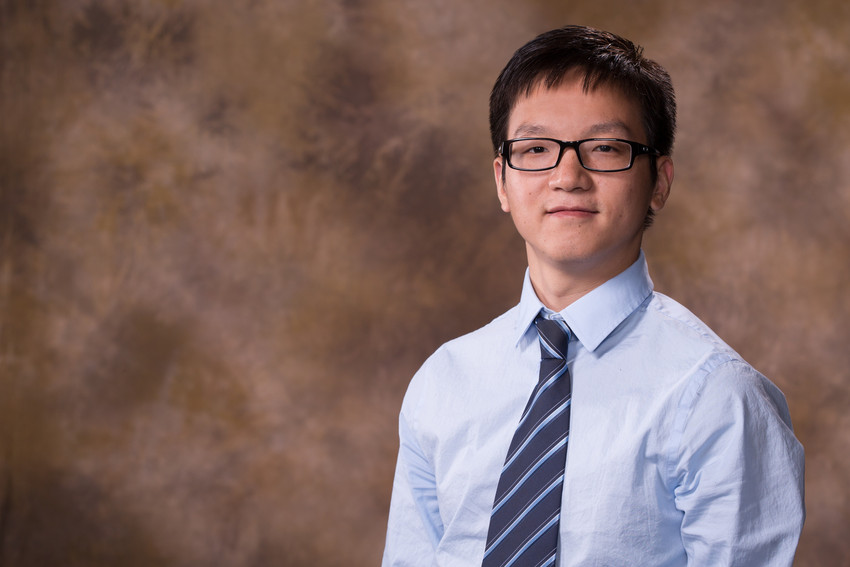Wenchao Zhou, assistant professor of mechanical engineering, envisions a desktop device that can print both mechanical structures and electrical components for devices such as sensors, batteries, displays and antennae. The key to this type of technology, he explained, is inkjet printing, a process that sprays material in liquid form onto a substrate. Inkjet has evolved from its initial use in desktop 2D printing to become one of the most versatile and promising 3D printing technologies.
Figuring out how to use inkjet technology for 3D printing would expand the way additive manufacturing could be used. Zhou has developed software to simulate an inkjet 3D printer, so that researchers can optimize the process and minimize possible printing mistakes. He explained that with inkjet technology, people could easily print new high-tech devices. Electronic circuits could be printed onto cloth to create wearable devices, or sensors could be printed onto retail products to make the check-out process easier.
Zhou, who was born in China, earned a bachelor’s degree in mechanical engineering from the Huazhong University of Science and Technology in Wuhan, China, a master’s degree in mechanical engineering from Xi’an Jiaotong University in Xi’an China, and a doctorate in mechanical engineering from the Georgia Institute of Technology. He has worked as chief research engineer in developing microlens fabrication technology at AlpZhi Inc., a startup company from Georgia Tech, and as a research fellow at the University of Tennessee and Oak Ridge National Laboratory on additive manufacturing technology, and as a research assistant on MEMS sensor at the Shenzhen Institute of Advanced Technology in Shenzhen, China. His wife, Juan Yan, is also from China. She is an accountant.
Zhou was attracted to the University of Arkansas because of the strong entrepreneurial spirit he found on campus, and the resources that are available not only for research, but also for commercialization. Zhou considers himself primarily an educator and researcher, but he would also like to see his research lead to commercially available products.
This semester, Zhou is teaching fluid mechanics. He explained that while manufacturing is the focus of his research, the topic of this class overlaps with his research. One of the challenges of developing 3D inkjet printing technology is figuring out how to distribute different materials in liquid form. In addition to this, Zhou finds fluids fascinating. “Two thirds of the world is fluid,” he explained. “It makes the world dynamic and interesting. Many fluid phenomena, especially droplets, are not just intellectually challenging, they are also very beautiful.”
Contacts
Camilla Shumaker, director of communications
College of Engineering
479-575-5697,
